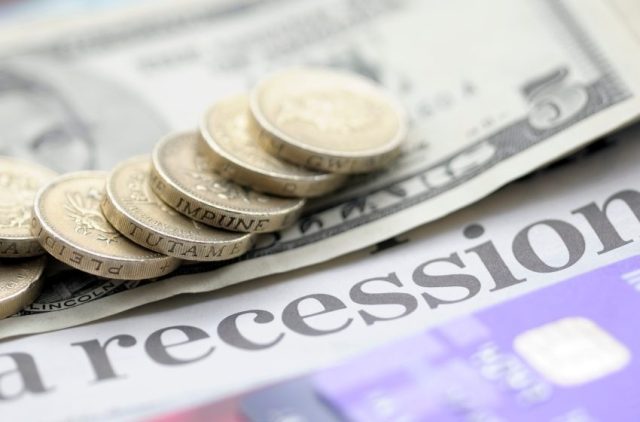The Non-Recession Surprise
By Daniel M.
May 16, 2024 • Fact checked by Dumb Little Man

Analysts predicting a U.S. recession found themselves increasingly isolated by the end of last year. Initially, many joined the recession prediction bandwagon, buoyed by aggressive rate hikes by the Fed, a struggling manufacturing sector, and the expected depletion of public stimulus funds. Despite these factors and recession signals from various yield curves, the anticipated economic downturn simply did not occur.
Fast forward to today, and the signs of a recession remain scant. Factors such as robust employment opportunities, the ability to switch jobs for better pay, and significant home value increases since the pandemic have all contributed to economic resilience. Additionally, a noticeable uptick in 401(K) balances since late 2022 has further bolstered consumer confidence.
Recent data, including April's job reports, ISM Services, first-quarter GDP, and retail sales, have admittedly been lackluster. While it's tempting to mock the recession doom-sayers, any prudent analyst must acknowledge that current trends are not entirely optimistic.
Despite mixed economic signals, the S&P 500 and NASDAQ recently hit record highs. The stock market appears to be dismissing widespread concerns about inflation and federal monetary policies, focusing instead on the positives.
One significant factor behind the market's resilience is strong corporate earnings. According to Bloomberg, North America's largest companies are surpassing earnings expectations more impressively than they have in years. This quarter, 459 companies in the S&P 500 reported earnings that were, on average, 8.4% higher than expected, with nearly 80% surpassing profit forecasts.
This earnings boost is largely due to corporations' proactive measures against a potential recession that never came to pass. By cutting costs, hoarding cash, and optimizing operations, companies were well-prepared for tougher times that didn't materialize, leading instead to unexpected profitability.
Despite these positive outcomes, bears in the market are understandably frustrated. They cite luck as a significant factor, given the strong job market, enduring housing sector, effective monetary policies by the Fed, and consumer spending buoyed by stimulus funds. However, success in the market often comes from positioning rather than prediction accuracy.
Market success doesn't always stem from correct predictions but from strategic positioning to benefit regardless of economic turns. The lesson here is clear: while accurate forecasts are valuable, maintaining flexibility and adaptability in market strategies often yields the best outcomes.
Daniel M.
Daniel Moore is a seasoned trading analyst with over 20 years of experience navigating the ever-evolving financial landscape. Renowned for his unconventional yet effective approach, Daniel utilizes a blend of technical and fundamental analysis to identify hidden gems and craft winning trade strategies. He is a master at demystifying complex market data and translating it into actionable insights for traders of all experience levels.


